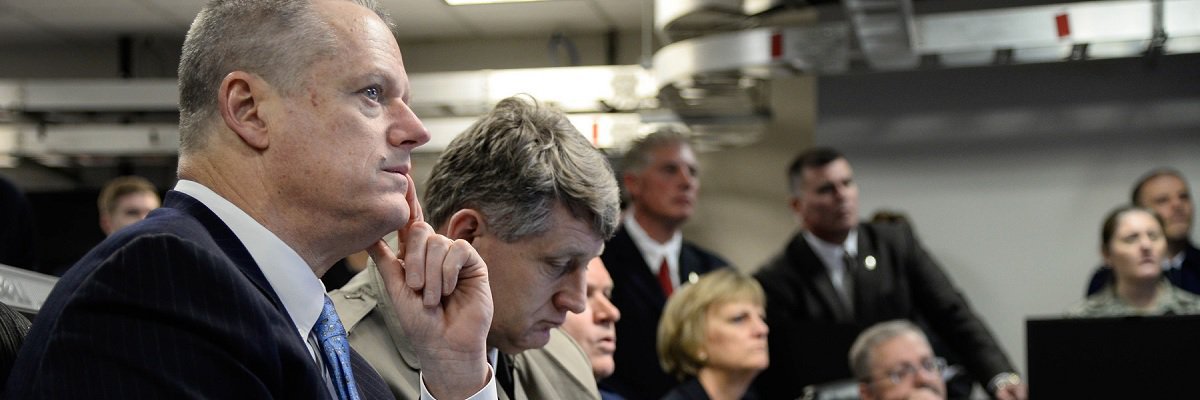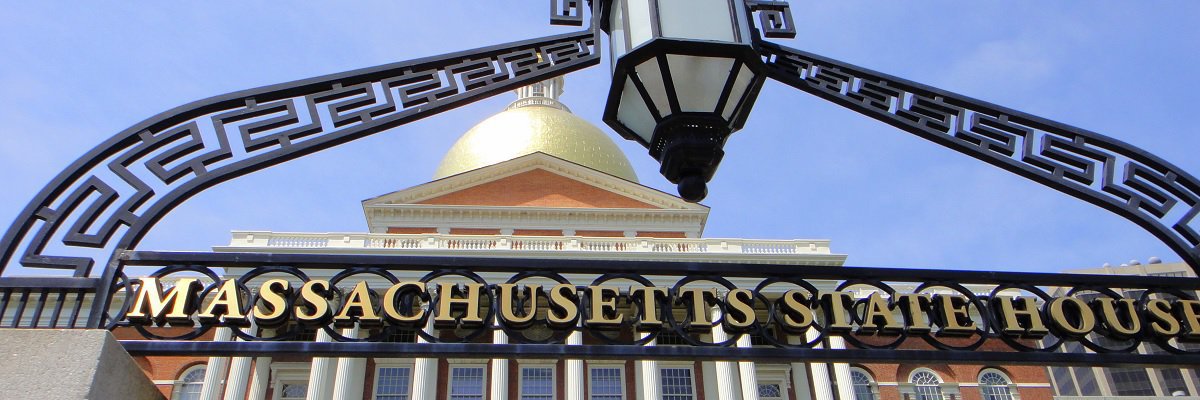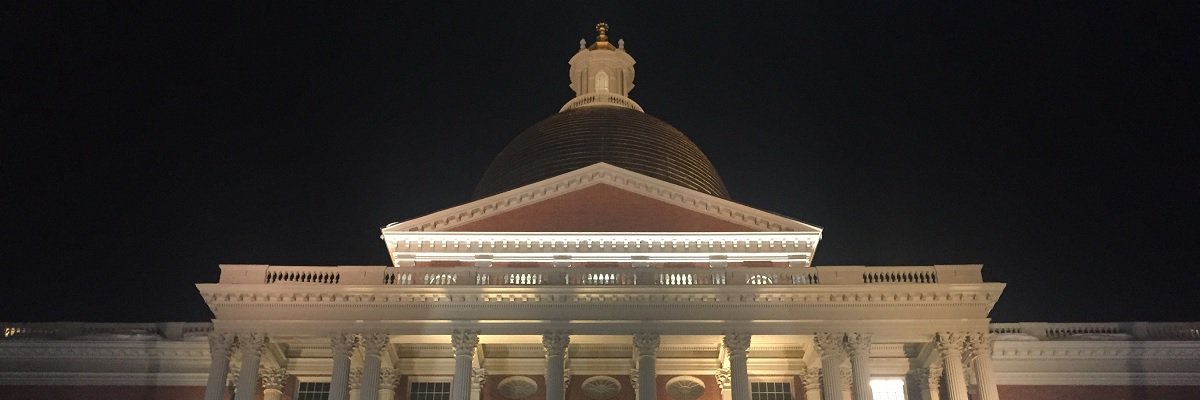Interested in learning more about the increasingly long road to Massachusetts public records reform? Check out of the latest episode of FOIA-side Chat here:
At the Massachusetts State House, House Bill 2772, An Act to Improve Public Records, stands poised to improve how government access is run around here. For years, public record reformers have been gathering horror stories of overpriced mundanity; that growl stands to become a cheer when the vote comes through the House in September, just the Senate away from landing on Governor Charlie Baker’s desk.
However, “The Voice of Cities and Towns in Massachusetts,” the Massachusetts Municipal Association (MMA), has piped up to present its disapproval of the action, claiming that the measures would be unfeasibly expensive to implement.
“We don’t oppose a change in the public records act, and in many ways it does need to be modernized,” the lobbying group’s Executive Director Geoff Beckwith said on WGBH’s Greater Boston last month. “The digital era is here and the law was written before that.”
The real issue for the towns, he says, are the potential “unfunded mandates.”
Many of the towns and cities counted as MMA’s members, alongside their counterparts at the state level, are notoriously bad at fulfilling public records requests. The Boston Globe, citing data collected by MuckRock over five years, ran a front page story last week highlighting Massachusetts second place finish for slowest state in the public records game, a standing basically locked in by the current law’s lack of any useful enforcement. Runaway fees, obstructionist agencies, and delays and delays and delays abound.
The version of the law currently in legislature would update the current version, created in 1973, of which the Secretary of the Commonwealth, current chief custodian of records, has been an ineffectual enforcer. This week, Secretary William Galvin filed a ballot initiative, meant to bring the issue to voters if the legislature fails to act productively, but both the Secretary and access advocates alike have stated a preference for implementation by the legislature over a referendum. The bill places bounds on what agencies can charge for search and review, imposes fines on noncompliant officials, and allows for the awarding of attorney fees when a requester successfully sues for access. It will give citizens some bite to go with that growl.
An improved approach to public record access would be a boon to journalists and lawyers, but it would also be a great win for all residents. The record debate came to the forefront locally during Boston’s 2024 Olympic bid, which was killed amidst cries for greater transparency and protection of taxpayer funds, driven in large part by a series of public records requests. The move to improve the law heralds the potential for an engaged citizenry to challenge and guide the government’s agenda. Every aspect of government that brushes up against people is theoretically open for access—tax policy, police conduct, infrastructure upkeep—and that information could be used more effectively if the people only knew.
MuckRock has been poking at the issue of infrastructure maintenance through our Gas Leaks project, an ongoing, citizen-centric campaign to find out what municipalities in Massachusetts are doing about potentially-explosive old pipes. Most of the towns we surveyed seemed unaware of that a law had been passed last year to grant them access to information about the hot spots in their jurisdictions. It’s the sort of short-sighted government inefficiency that makes laws more a politically-useful bandage than actual stewards of progress, which, by the same token, is why current Massachusetts public records law is so flaccid.
Even the MMA itself advocates for stronger communication between all levels of government. In a September 2014 policy statement to the future governor, the Association outlined ten points. At 5 is the bit about the unfunded mandates. Another five would all seem to be bolstered by increased transparency between agencies and the people:
- PARTNERSHIP POLICY 6: INVEST IN ESSENTIAL PUBLIC INFRASTRUCTURE
- PARTNERSHIP POLICY 7: INVEST IN ESSENTIAL PUBLIC TECHNOLOGY
- PARTNERSHIP POLICY 8: EMPOWER COMMUNITY-DRIVEN PLANNING AND ZONING
- PARTNERSHIP POLICY 9: ALLOW CITIES AND TOWNS TO EFFECTIVELY MANAGE
- PARTNERSHIP POLICY 10: COMMIT TO CONSTANT COMMUNICATION AND DIRECT DIALOGUE
The Governor Charlie Baker entered the conversation last week by announcing improvements to the procedures by which requests to his administration are fulfilled. The previous two gentlemen to hold the Office of the Massachusetts Governor—Mitt Romney and Deval Patrick—have availed themselves of the 1997 case Lambert vs. Executive Director of the Judicial Nominating Coucil, using a generous interpretation to exempt the Governor from a legal requirement to fulfill requests.
The changes, though a welcome move toward transparency, would not be institutionalized beyond the current administration, however, without legislative mandate. Currently the bill does not reference the Governor’s office, the legislature, nor the judiciary, all three of which claim exemption from public records access, making Massachusetts the only state in which that is the case.
Still, the self-implemented regulations are an executive-set standard for municipalities to follow and promise to confront some of the practical issues with which the MMA is concerned. One such improvement includes implementation of “e-mail search capabilities for Executive Branch agencies to ease the fulfilling of broad based email searches.” Requests requiring the search of agency-wide emails have long resulted in high fines or plain denial. The move contrasts with past gubernatorial secrecy; Governor Romney, for one, in an effort to thwart records seekers, had all of his office’s computers replaced before leaving the governorship.
The situation between towns and the legislature remains a turned-around bureaucratic knot that has the law-given right of citizens pitted against the cities and towns in which they live and work. The legislative vote will wait for September, and American cynicism will continue to thrive under a government that hasn’t the capability to keep its records clean.
Image of Massachusetts State House licensed under Creative Commons by Fcb981.




